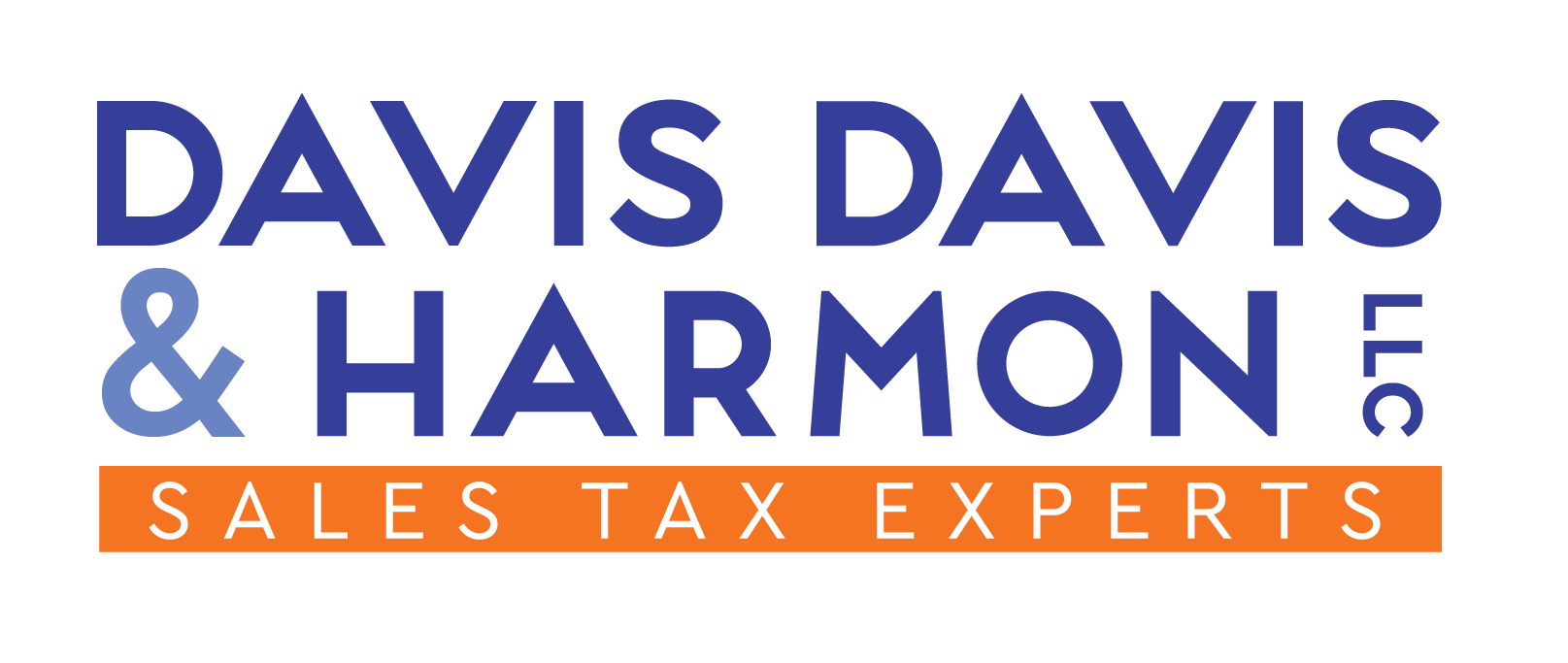Spring Cleaning
ize-medium wp-image-613″ />TEXAS – Spring Is In The Air!
A few reminders of what is taxable and what is not when selling or purchasing seasonal products and services.
Seeds and Bulbs: Seeds for annual and perennial plants are exempt. Exemption certificate is not required to purchase these items tax free. Grass seed is taxable, but a farmer or rancher may claim an exemption if it will be used to produce feed for farm or work animals or to produce turf or grass for sale in the regular course of business. Flower bulbs, flower seeds and seeds for non-edible plants are taxable. Persons who grow and sell the agricultural products frown from these seeds in the regular course of business may claim an exemption by providing a completed agricultural exemption certificate complete with an Ag/Timber Number.
Plants, Trees and Shrubs: Annual plants that produce food for humans are exempt from tax.
Perennial plants, are taxable, including the ones that produce food for humans. When they are being bought by a person engaged in business to sell the product of the plant in regular course of business or by a purchaser who is in the business of reselling the plants then they qualify for exemption. A farmer buying perennial plants that will be used to grow food products for sale in the regular course of business may claim the agricultural exemption when buying the plants. The farmer must provide the seller with an agricultural exemption certificate complete with an AG/Timber number.
Trees are taxable. An agricultural exemption may be claimed by a commercial grower who sells the fruit or nuts produced by the trees in the regular course of business. A commercial timber producer may buy seedlings used in the production for timber free of sales tax.
Supplemental Nutrition Assistance Program (SNAP): Seeds and live vegetable plants, fruit trees, grapevines and fruit-producing shrubs make the list of participating items SNAP will pay for. Vendor must be approved as a participant of the SNAP program. Seeds for growing produce are also eligible.
Landscaping and Lawn Care Services: Landscaping and lawn care services are taxable. Services include any work done to maintan or improve lawns, yards and ornamental plants and trees, such aas tree trimming and lawn mowing. The total amount charged for landscaping and lawn care services including chargers for travel or equipment are subject to tax even if separately stated.
Local Tax on Landscaping and Lawn Services: State and local sales tax is due on landscaping and lawn care services. Sales Tax due should be collected according to the location of the service provider’s place of business.
Landscaping by the Self-Employed: Lawn care and landscaping are nontaxable when done by a self-employed individual who:
• Does the actual lawn care or landscaping services;
• Has no employees, partners or other persons providing the services; and
• Has gross receipts from lawn care or landscaping services of $5,000 or less during the most recent four calendar quarters.
If receipts exceed $5,000 during the most recent four calendar quarters, he must begin to collect tax on those services on the first day of the quareter after the threshold is exceeded.
Collecting Tax on Construction Activities Performed in Connection with Landscaping Services: Constructino or repair of decks, retaining walls, fences or pools, or the installation of underground sprinkler systems are considered new construction, or repair or remodeling of real property. If a service provider is doing a single job consisting of construction and landscaping activities, he should separately state the charges because of different taxability rules.
Nonresidential real property repair or remodeling is taxable. The service provider may issue a resale certificate to supplier when purchasing materials transferred to the customer. Sales Tax is based on the location of the jobsite.
Labor to repair or remodel residential real property or to build new improvements to realty is nontaxable depending on the type of contract. If the contract is lump sum, the contractor pays tax when purchasing the materials and does not collect from customer. If contract is separted, the contractor collects sales tax from the customer on the charges for materials to be incorporated but not for labor.
Dirt and Stepping Stones: Unprocessed dirt, sand, gravel, stone, rock or similar materials are not taxable.
Stone or rock that is cut, crushed or missed with other products (processed) is taxable. A person performing a taxable real property service may issue a resale certificate instead of paying tax on the purchase of processed materials. If performing a nontaxable service then you must pay tax.
Pools and Spas: An in-ground pool or spa permanently attached to real property is considered an improvement to real property, therefor cleaning services area taxable real property maintenance services.
Sales tax is due on the total charge for cleaning services including labor and supplies. The service provider may issue a resale certificate to a supplier for the purchase of chemicals that will be left in a customer’s pool, but should pay tax on chemical testing kits, pool vacuums, screens and brushes used to perform the service.
Charges for repairs are taxed differently. No sales tax is due on labor to repair a pool liner, pump, filter or heating system for residential in-ground pools or spas. Under a separated contract the repairperson is considered the retailer of all meterials physically incorporated into the pool or spa. They are reselling those materials and must collect sales tax from the customer. Repairperson may purchase those items tax free by providing a resale certificate. Under a lump-sum contract or invoice no tax is due.
The total charge to repair the pool in a nonresidential or commercial place, such as hotel or health clubs, is taxable. Also, the total charge to install or repair an above-ground pool or spa without permanent attachment to realty is taxable.

